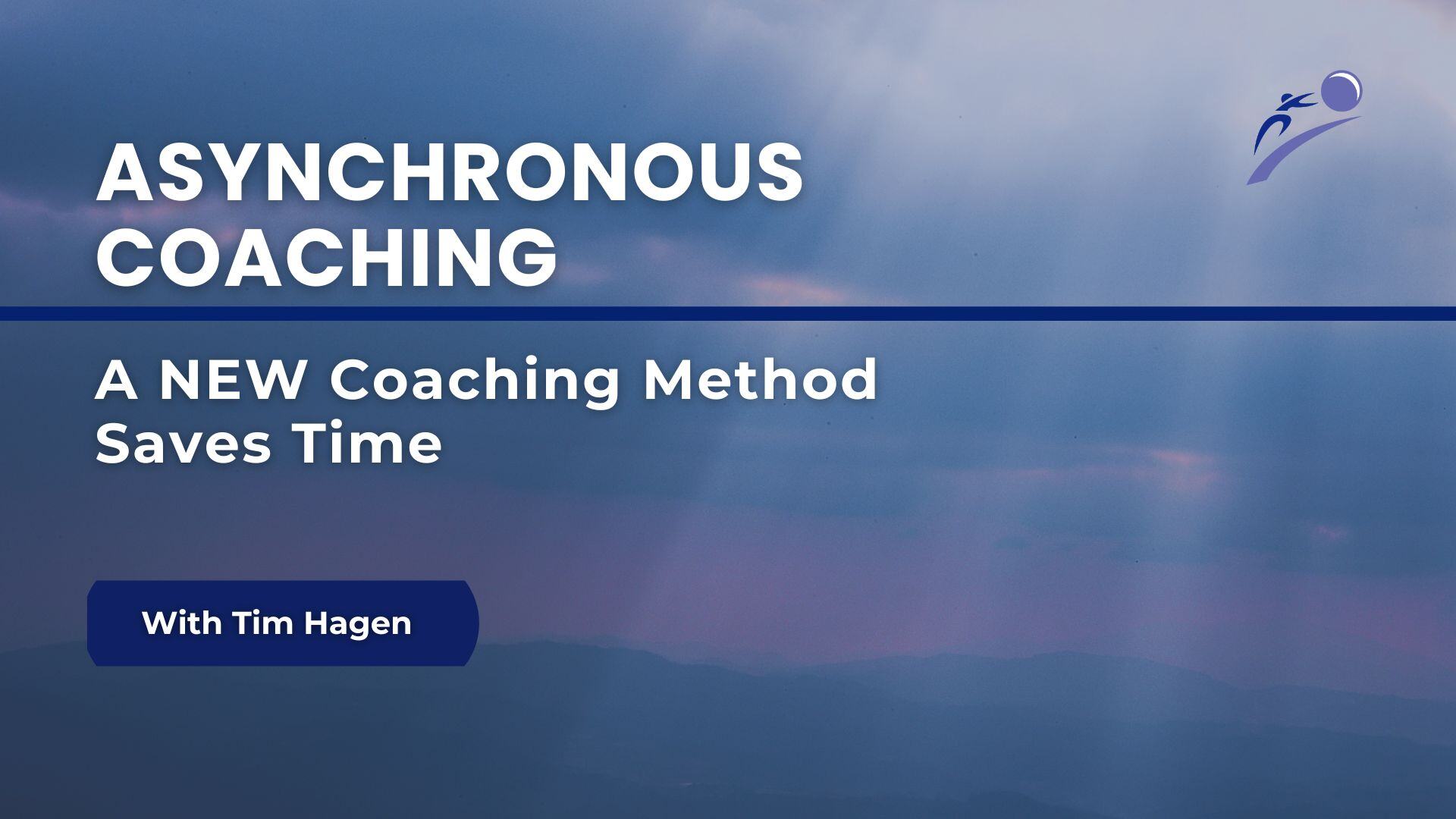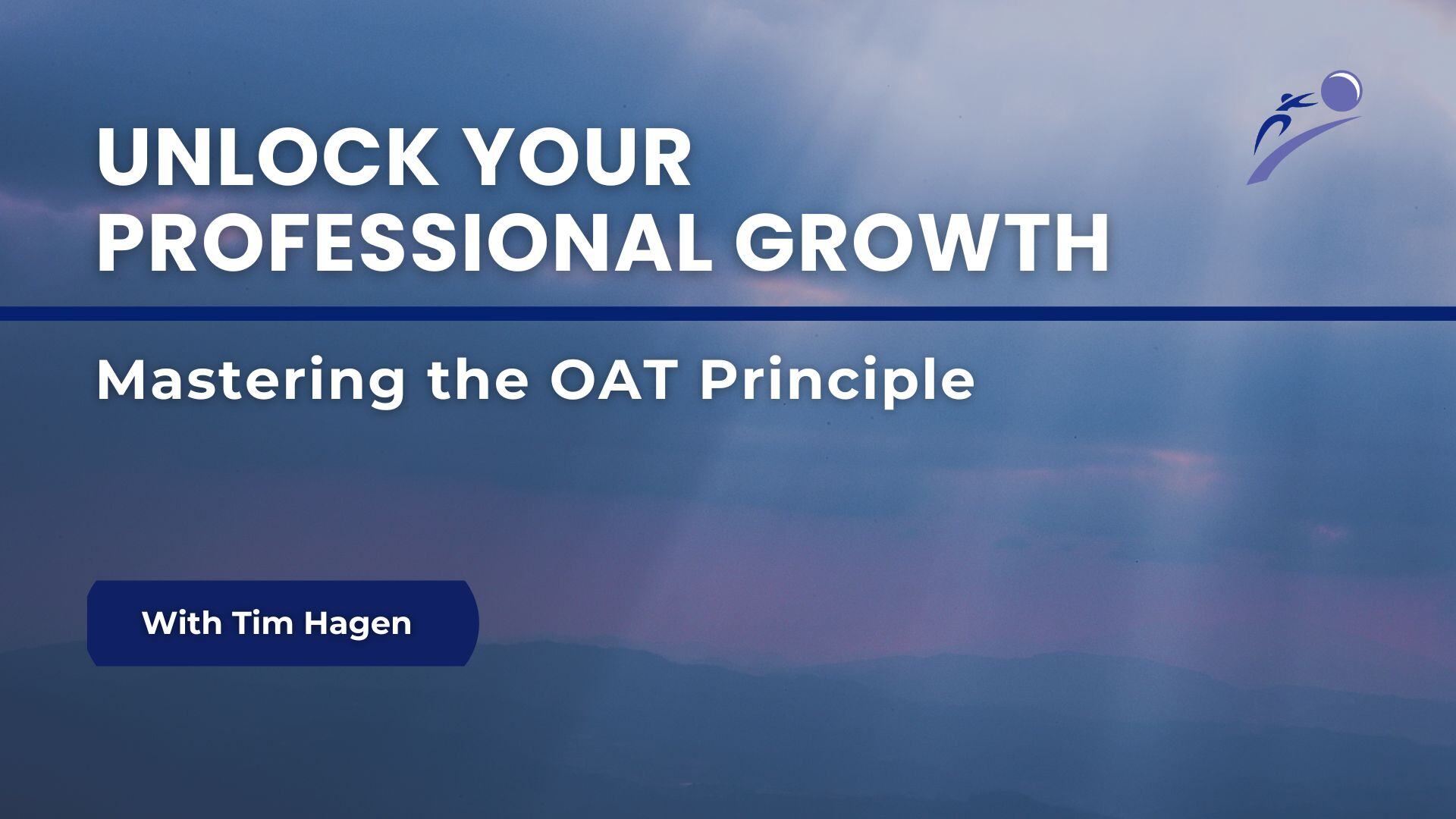
Coaching is about helping employees perform better on a day-to-day basis. A core objective of coaching employees is to create conditions and triggers that promote better performance. The fact of the matter is that we condition employees behaviors every single day whether we know it or not.
Whether our intention is to coach or not, we must realize our interactions with employees create conditions and triggers that mold the employee's ability to perform. For example, if an employee comes into a manager's office to seek assistance with a particular issue, and the manager started yelling and demonstrating anger, it will become apparent that that incident will shape the employees mind in regard to ever seeking help from the manager again. The way we communicate and interact with our employees ultimately creates perceptions as to whether employees will want to engage or not.
On the flip-side, what if an employee walked into a manager's office with a similar issue as to the aforementioned example. and the managers response was more friendly? If the manager stood up and said thanks for coming in and sharing your challenge with me, what would the reaction of the employee be?
Taking both examples into account which interaction would create a more engaging and high-performing team? The critical factor managers must realize is that our interactions every single day create conditions and triggers as to whether employees will engage or not engage with us, thus, we are indeed coaching, whether we know it or not!
Free Whitepaper: Coaching Your Staff to Greater Success






